'White Nights', A Path Breaking Venture In Malayalam Cinema
By P. Baburaj
11 February, 2016
Countercurrents.org
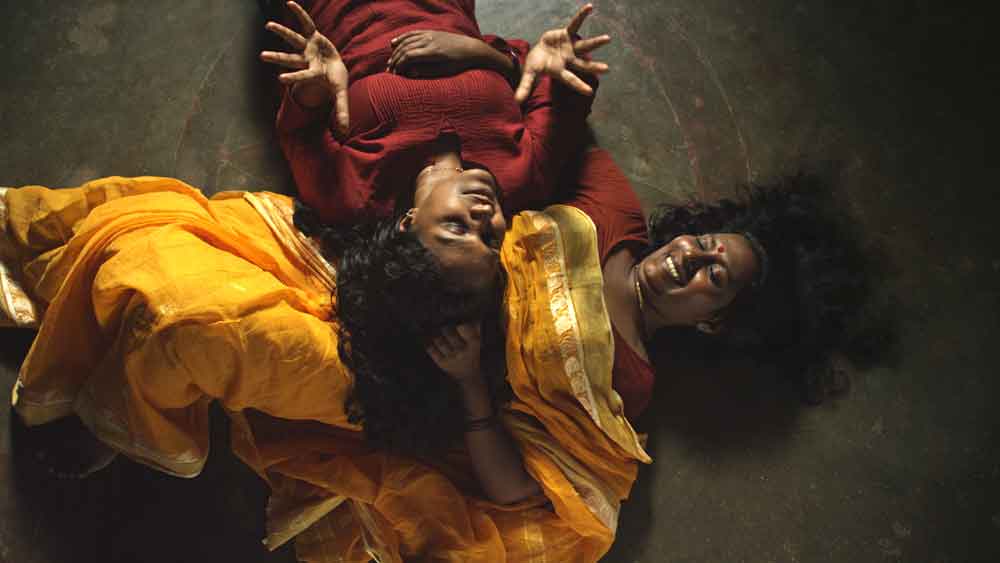
Malayalam cinema is on a roll. Young film makers, actors and technicians have come in and they have brought in a lift of fresh air. Mainstream malayalam cinema has been stagnating for some time. Now these young people rule the box office in malayalam film industry.
But these changes are perhaps more noticable among the non mainstream or "art house cinema' in malayalam. Film makers like Sudevan (CR. No. 89), Sanal kumar Sasidharan (Oralpokkam), Manu Kakkanadan (Mundrothuruthu), Sajin babu (Unto the dusk) Shanavas Naraniipuzha (Kari). These filmmakers are venturing in areas hitherto unknown in malayalam cinema, experimenting with form and content. These relatively inexpensive cinematic ventures are facilitated by democratization of digital technology. In to these group of exciting filmmakers come Razi with his debut feature WHITE NIGHTS.
Razi's film is inspired by the story WHITE NIGHTS written by Fyodor Dostoyevsky in 1848. Dostoyevsky tells the story of the companionship of the two lonely people during the white nights in St. Petersburg in Russia. The film is dedicated to the great writer but Razi's story is placed in Attappady, the remote tribal area in Palakkad District in central Kerala.
WHITE NIGHTS is divided into two sections. Five nights in the forest where two strangers meet and reminisce their past and five days elsewhere in Attappady where a deprived and oppressed tribal community grapple with their present.
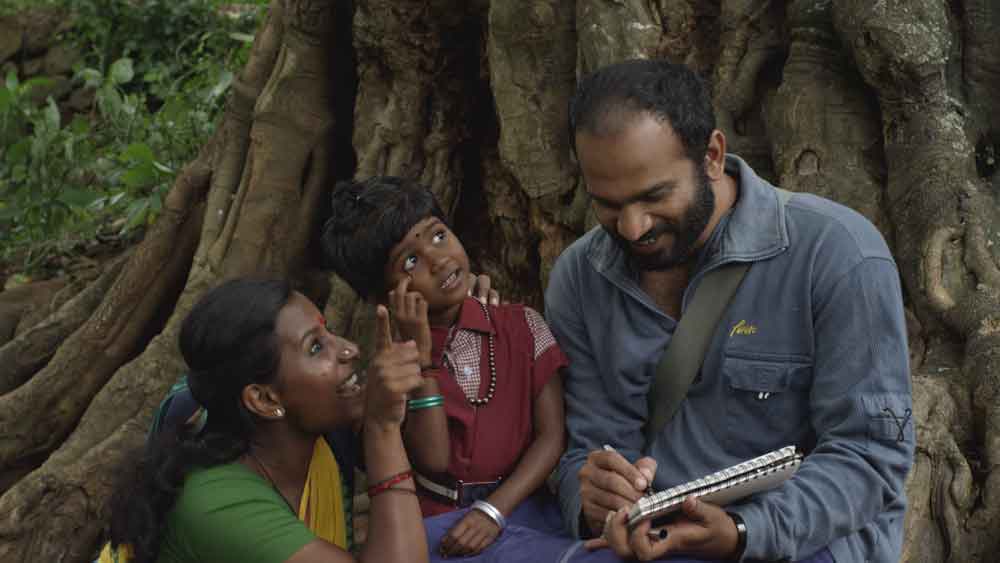
The male protagonist is Manu, an artist who drifts into Attappady searching for a meaning in life. He is also looking for a girl who left him rebelling against his possessiveness. While he comes to wash his jeep in a forest stream late at night, he meets a tribal woman on the hanging bridge. Over the course of the next five nights, they meet sharing their past. He comes to know that her name is Chelli, a divorcee with a child. She narrates her harrowing life tale to him. Crux of her story is her passionate relationship with a woman named Jyothi and the consequences she had to face at home and in the community.
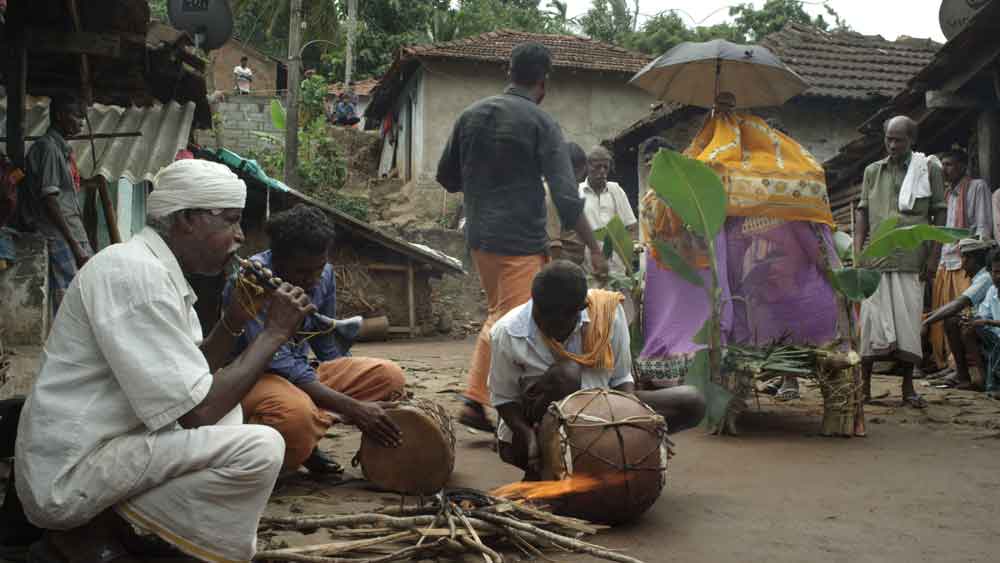
If nights are filled with conversation and introspection, days are for survival issues and action. The tribal characters you see in Razi's movie are not the naive stereotypes you often come across in other movies. They are resilient beings trying very hard to exist in a world which is hostile to them. Issues that tribal communities face in Attappady like alienation from land, alcoholism, infant deaths and loss of tribal languages are highlighted in WHITE NIGHTS. But they are not add ons, they form an integral part of the plotline. Manu is not the typical urban educated hero who set out to right the wrongs in rural India. He has no intention to leading the tribals in their fight against injustice. He sympathizes with them and he is willing to help out. In a poignant scene in the movie, Manu suggest to Chelli that perhaps the way out is to organize themselves. Are you a Maoist?, asks Chelli. Manu only smiles.
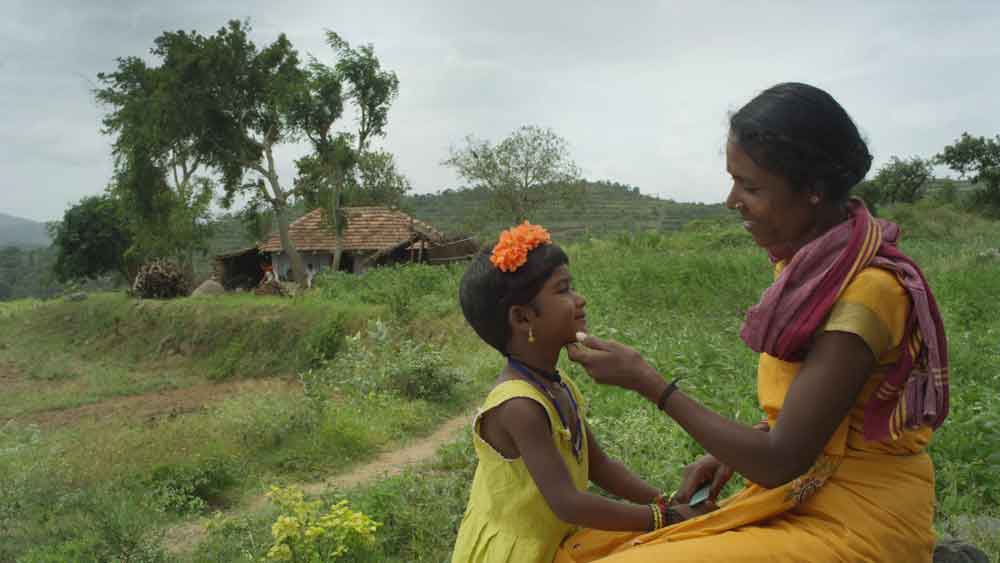
WHITE NIGHTS is devoid of clichés and stereotypes. Life as it is played out in front of the camera. Emotions are towed down. Camera is in observer mode, especially during the night scenes. Camera hovers around, keeping a distance as if afraid to intrude. There is a near absence of close ups in the day scenes also.
Razi is well secured by his technical crew. Shehnad Jalal's Cinematography is excellent. Shehnad's night scenes are ethereal and the days stark. Krishna kumar's sound design is subtle. The director does not paint bleak picture of the tribal community despite their hard coming. They are presented as a people proud of their culture, songs, dances and language. Thus tribal songs and music dominate the sound track.
Same sex love has never been presented in such sober and mature manner in malayalam movies before. There is no titillation involved. The tribal community has never been portrayed in a real life situation before in our cinema. Razi and the WHITE NIGHTS team deserve kudos for a path breaking venture.
P. Baburaj is an award winning film maker
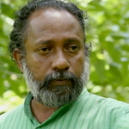 Razi, director and producer of 'White Nights' , went on to study at FTII in Pune after his BFA from College of Fine Arts at Thiruvananthapuram and MFA from MS University, Baroda. He has designed the production of numerous acclaimed Malayalam and Hindi films. His forte covered stage productions, print production, television shows, documentaries and music videos. Amidst his projects in films, Razi has exhibited his paintings and photographs at various solo and group shows in India and Europe. Many of his works are with private collectors in India, Canada, UK, Belgium, and New Zealand. He also works as a guest faculty at various fine arts colleges across Kerala. Velutha Rathrikal is his first feature and he has directed a docu-feature, The Third Eye of Resistance (95 min) that won Cinema of Resistance Award at SIGNS film festival 2013 and directed a travelogue film, The Paradise Unexplored (75 min). Contact : [email protected]
Razi, director and producer of 'White Nights' , went on to study at FTII in Pune after his BFA from College of Fine Arts at Thiruvananthapuram and MFA from MS University, Baroda. He has designed the production of numerous acclaimed Malayalam and Hindi films. His forte covered stage productions, print production, television shows, documentaries and music videos. Amidst his projects in films, Razi has exhibited his paintings and photographs at various solo and group shows in India and Europe. Many of his works are with private collectors in India, Canada, UK, Belgium, and New Zealand. He also works as a guest faculty at various fine arts colleges across Kerala. Velutha Rathrikal is his first feature and he has directed a docu-feature, The Third Eye of Resistance (95 min) that won Cinema of Resistance Award at SIGNS film festival 2013 and directed a travelogue film, The Paradise Unexplored (75 min). Contact : [email protected]

